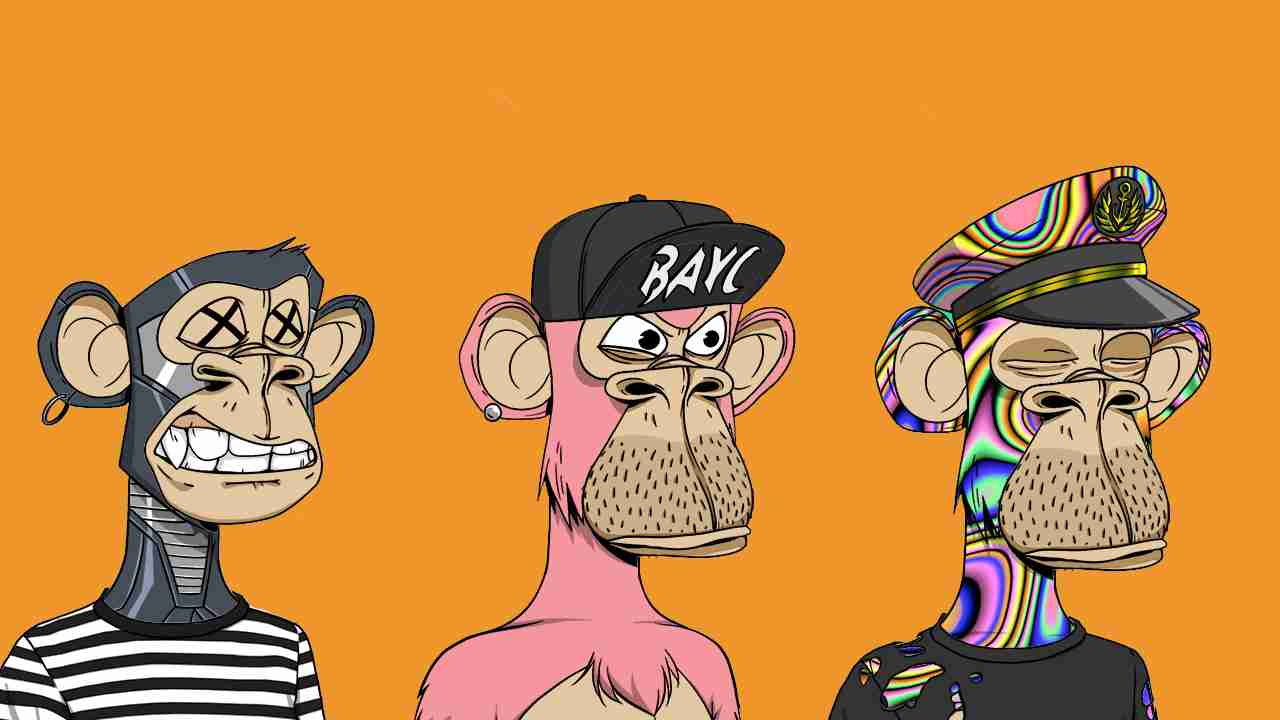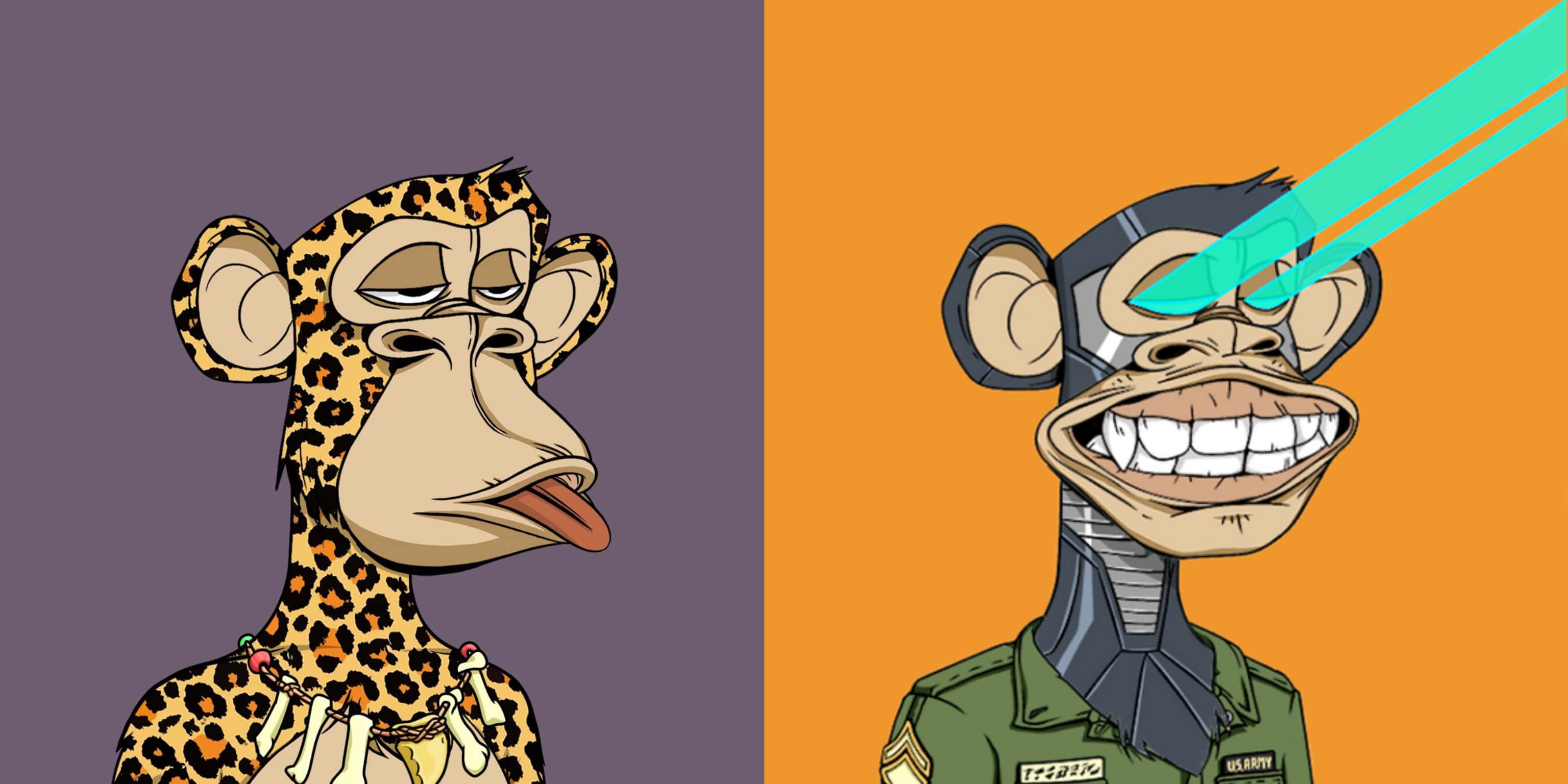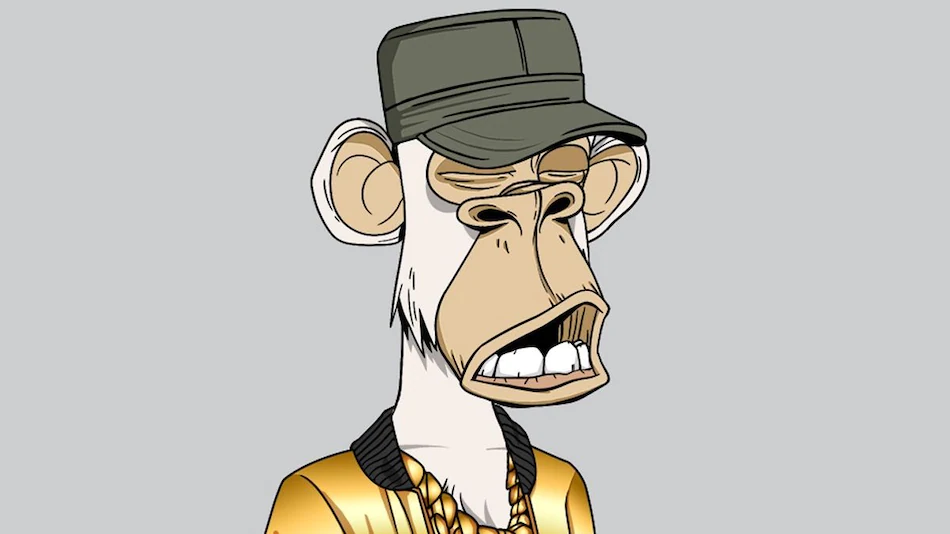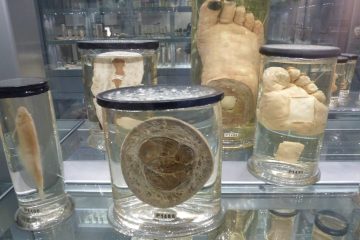
The concession comes in a new court filing in the ongoing lawsuit between Yuga Labs and the artist Ryder Ripps.
“Counts 2 and 3 ask the Court to declare that Yuga Labs does not possess a copyright in the Bored Ape images,” the filing from Yuga Labs’ lawyers reads. “Registration of a copyright is not required to own one; it is required to file suit on one. The Court should not wade into whether Yuga Labs has a copyright in its Bored Ape images, because such an opinion would be merely advisory; Yuga Labs does not have a registered copyright, and there is therefore no imminent threat of a lawsuit for copyright infringement.”
Seeking to clarify their position, a Yuga Labs spokesperson, speaking to ArtNews, said: “Lack of federal copyright registration does not mean an entity does not own copyright. When provenance is documented, like with BAYC NFTs, copyright protection is automatic.”

“Yuga Labs has released IP licence and commercial rights to holders of the BAYC, CryptoPunks and Meebits NFT collections. Yuga maintains the underlying copyright for the artwork,” the spokesperson said.
The dispute began last June when Yuga Labs accused Ripps of false advertising, trademark infringement, and cybersquatting, among other allegations. They sued Ripps for using images from the 10,000-strong BAYC collection to launch his own NFT project, titled RR/BAYC.
Ripps has denied wrongdoing. He maintains that he has been transparent throughout and that his own collection is designed to draw attention to what he believes is wrong about the BAYC collection. He wants to challenge the belief that large PFP collections are protected by copyright and also alleges that the images of apes are influenced by alt-right, neo-Nazi symbolism.
Ripps has argued that his RR/BAYC work is a type of artistic expression in the form of appropriation art.
Experts have suggested that Yuga is making its most recent move to avoid a court ruling on the wider decision of whether or not large NFTs collections can be copyrighted at all. At the moment, copyright claims over computer-generated images are not settled legally.
“[Yuga’s] argument to the court was ‘We brought an action for trademark infringement, not for copyright infringement, so it is not right for the court to reach out and determine whether or not we have copyright rights or not,’” Erica Van Loon, partner and IP trial lawyer with law firm Nixon Peabody, said to ARTnews.
“If there was some language in the terms of service or if copyright was advertised when offering the NFTs for sale, that could be a real problem for Yuga Labs,” Van Loon said. “There’s a number of claims that could be brought against them from people who bought their NFTs, such as false advertising and unfair competition.”

The Bored Ape NFT was bought by Eminem.
When NFTs were booming, Yuga Labs were the first to offer copyright interest with a purchase. With their initially wildly successful BAYC collection, they promised that with ownership of an ‘Ape’, one could make commercial use of the image they owned.
This issue came to a head when American actor and comedian Seth Green’s ‘Ape’ was stolen in a May 2022 hack. After the theft, Green claimed to be in the advanced stage of developing a TV show focusing on his digital animal.
“I bought that ape in July 2021, and have spent the last several months developing and exploiting the IP to make it into the star of this show,” Green said. “Days before he’s set to make his world debut, he’s literally kidnapped.” It became unknown if the IP rights had also been transferred to the thief.


